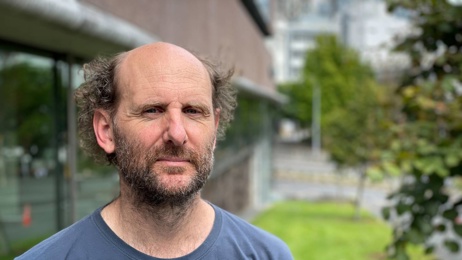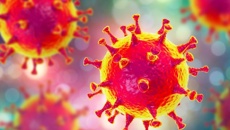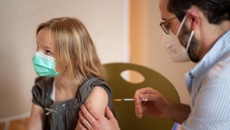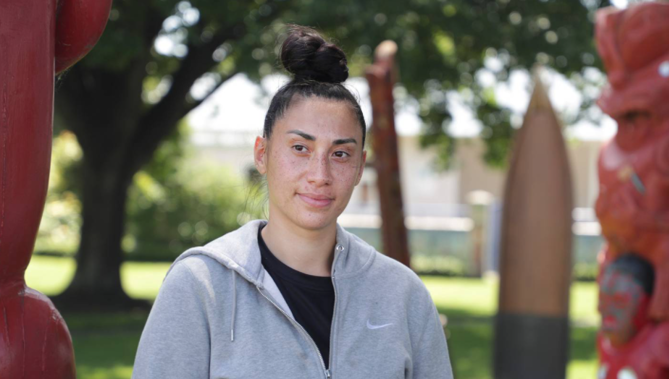
An intensive care nurse in Paris who has returned to Hawke's Bay to look after her father says too many in the region are blissfully unaware of just how deadly the Covid-19 virus is.
She's now urging the unvaccinated to take precautions by getting a dot in their arm, before it's too late.
Mahina Adams, 23, the daughter of one-test French rugby international Darren Adams, arrived in Taradale, Hawke's Bay, in August after a stint in MIQ.
Since then she's watched the region's Covid-vaccination drive and believes people not getting vaccinated have become blase about the impact of the virus because they haven't experienced it like the rest of the world.
Of Te Whānau-ā-Apanui whakapapa but born in France, Mahina worked as a registered nurse through the first wave of Covid-19 in Paris at L'hopital Marie Lannelongue.
"At the end of February, beginning of March 2020 I was doing my last training trial with emergency ward, and ICU."
She was a nurse student at that point and March to July she worked at the ICU and emergency ward.
"At the beginning no one expected Covid would happen, so the Covid response was full of mistakes.
"We had the hospital up, half for Covid, half for other patients. In ICU it was really hard because you are supposed to save people, and we couldn't."
Mahina said without a vaccine, there was not much hope, just death.
"I saw more than 30 of my patients in body bags."
She said conditions only became worse as Covid became more rampant in Europe and France, and in the first week from April to May the numbers of deaths from coronavirus increased dramatically, with more than 10,000 people dying.
"We had freezers in front of hospitals to put bodies in, we had no place left in the morgues.
"And it wasn't just old people dying, young people, people my age were dying as well."
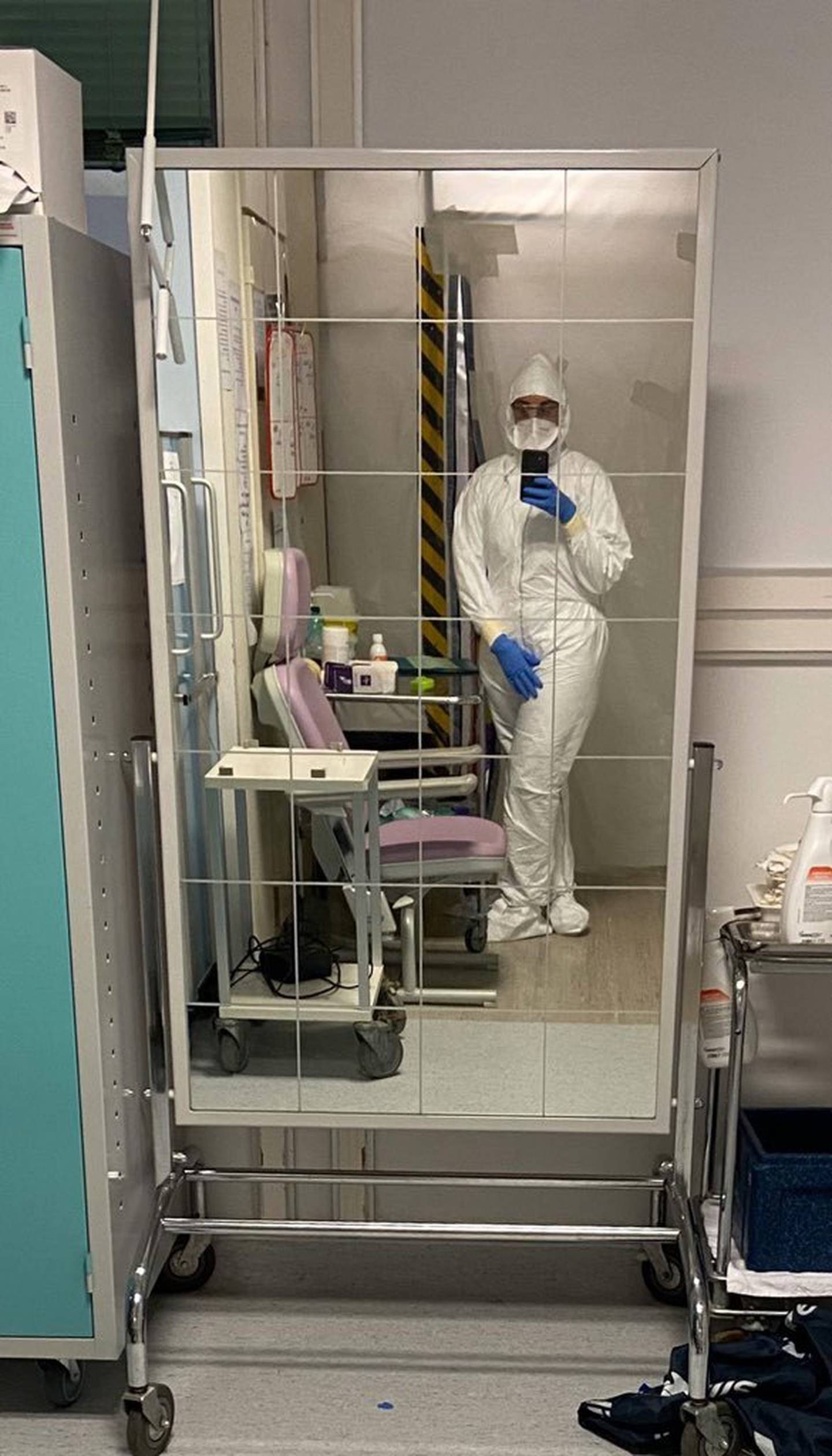 Mahina Adams working in the ICU at hospital in Paris through the Covid pandemic. (Photo / Supplied)
Mahina Adams working in the ICU at hospital in Paris through the Covid pandemic. (Photo / Supplied)
In the ICU they had to choose who to save, she said.
"We were only taking care of the under 70s, we had to choose between who we could save and who we couldn't.
"We felt guilty, we were supposed to save people, but we couldn't and we were so over it."
She said overall New Zealand's response to Covid was "a whole lot better" than overseas but there was still a large cohort of people who didn't believe in its impact.
"In regions like Hawke's Bay I understand people who can't see Covid, don't believe in it.
"Whereas people like me and my colleagues all know people who had Covid, died of Covid.
"It's not funny, it's not a game.
"I've seen death, I got vaccinated. When you start putting people into body bags, and lose count, that's when you realise how bad it can get.
"It was like a war - it's not something to play with."
She said France had three waves and the second was the worst because medical staff were tired, but the Covid virus was "more aggressive".
"Most people died in the second wave and I lost some colleagues."
France's condition was "terrible", and she intended to go back in January to help out. But while she's here she really wants to get one message across.
"Covid can happen to anyone. We need to manage it by getting the vaccine, and that's especially important in Hawke's Bay which has a large Māori community because Māori whānau are really close to each other.
"So if you get it, you spread it to your whānau. People are dying worldwide, don't treat Covid as a joke."
Take your Radio, Podcasts and Music with you



